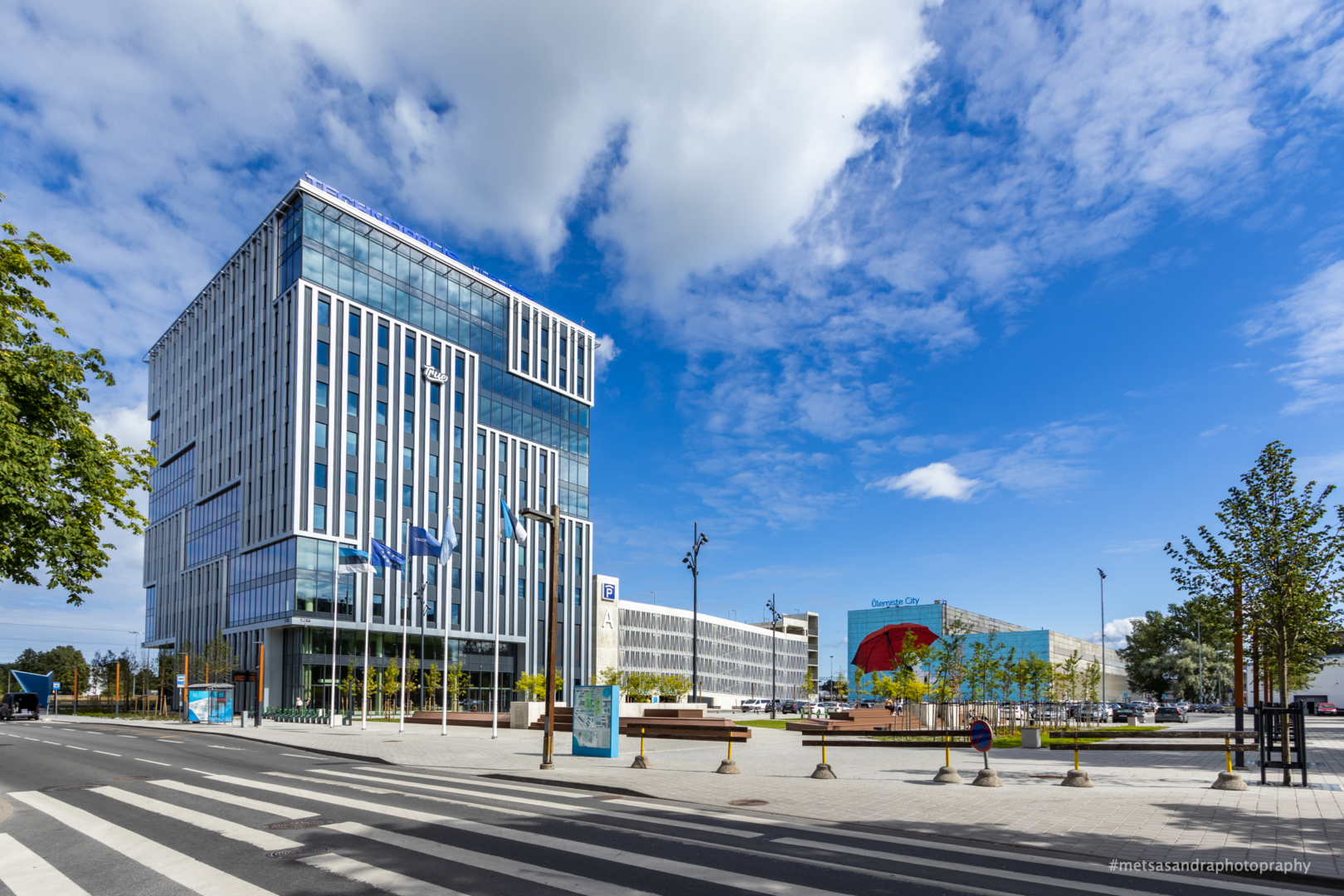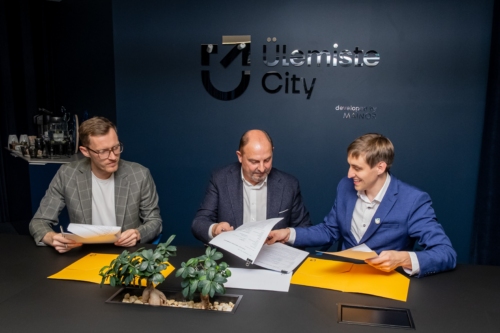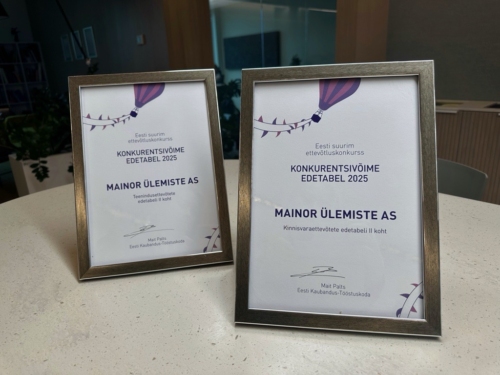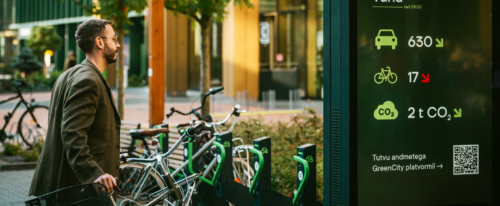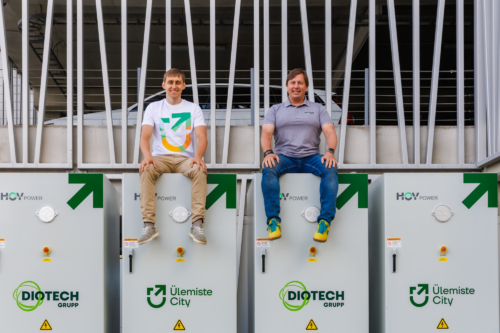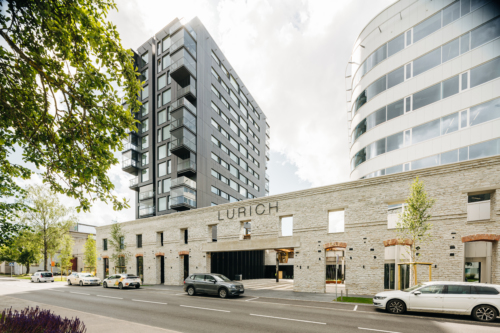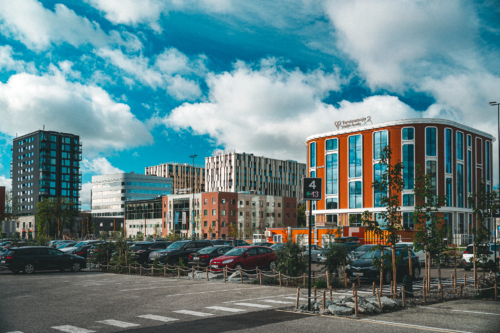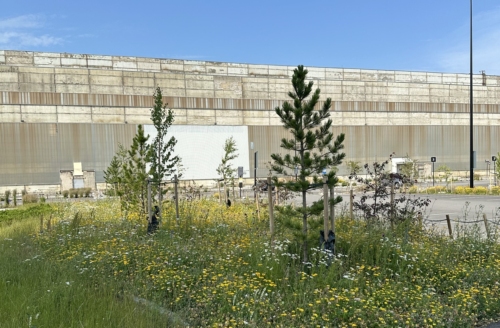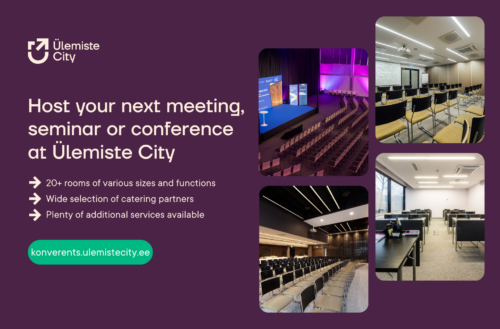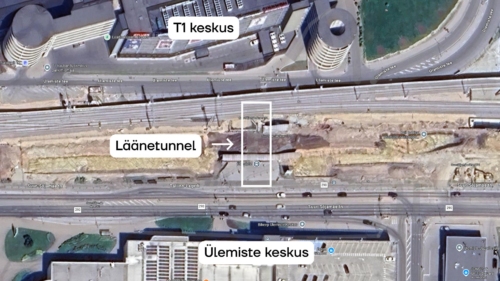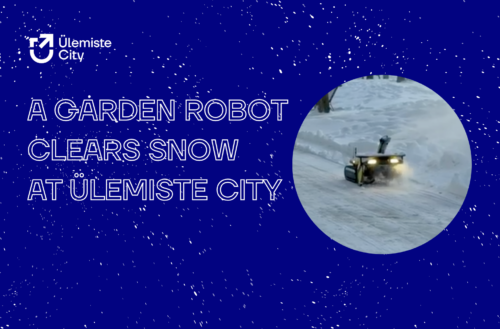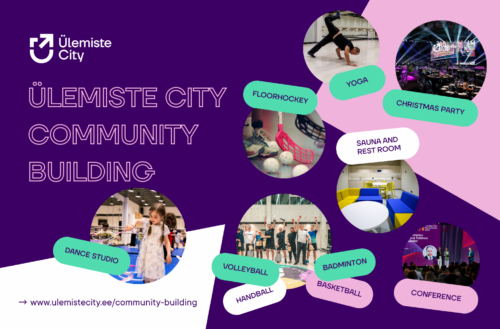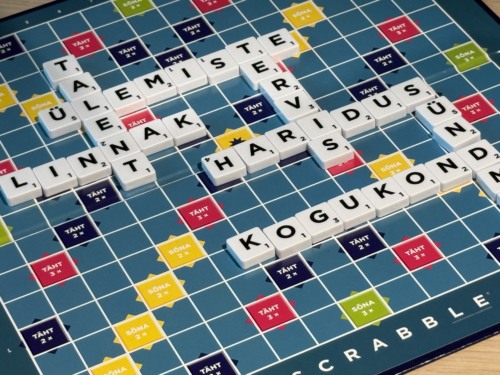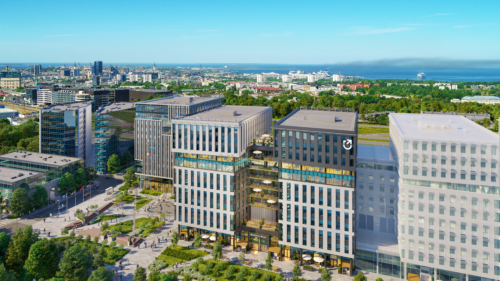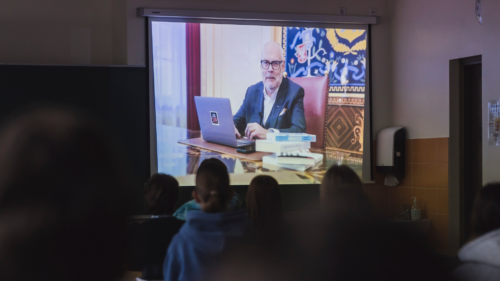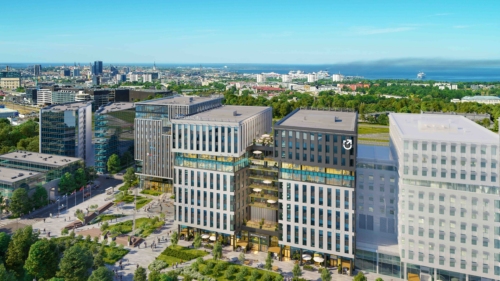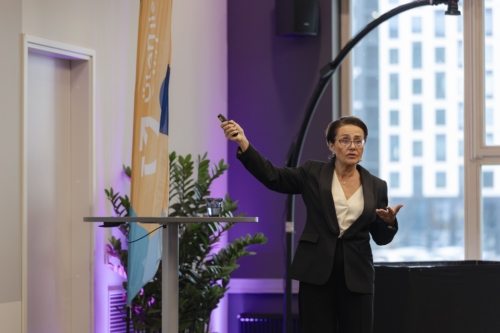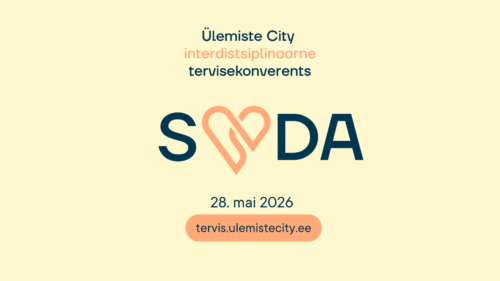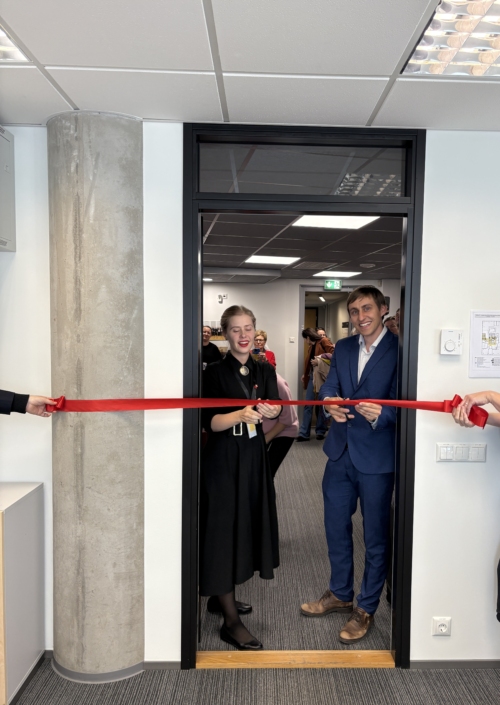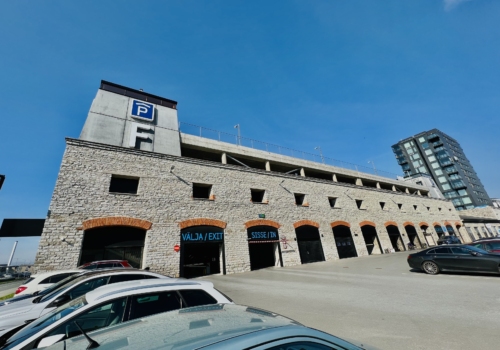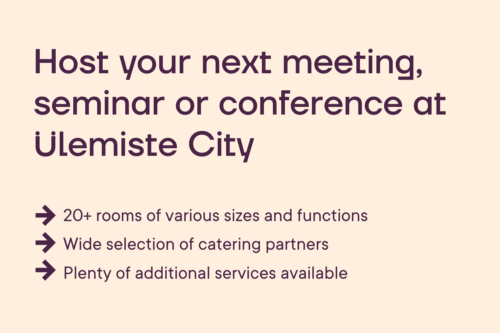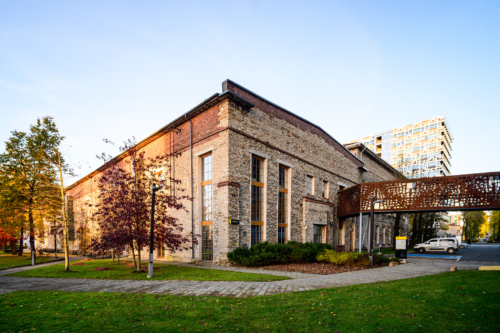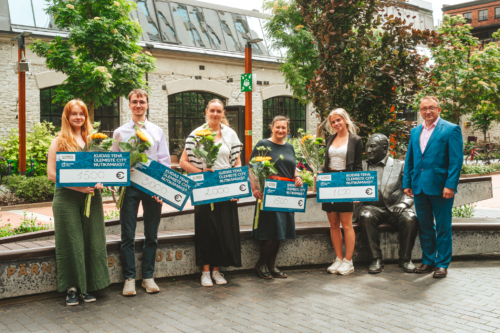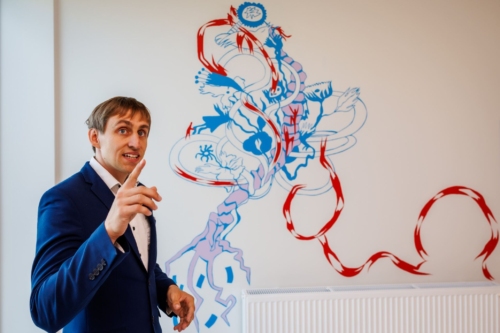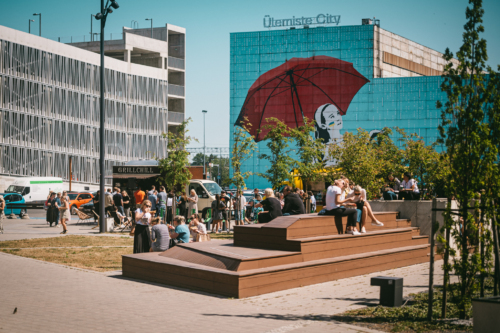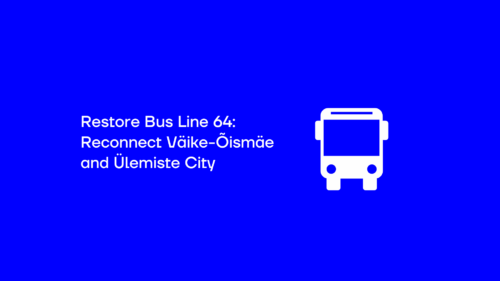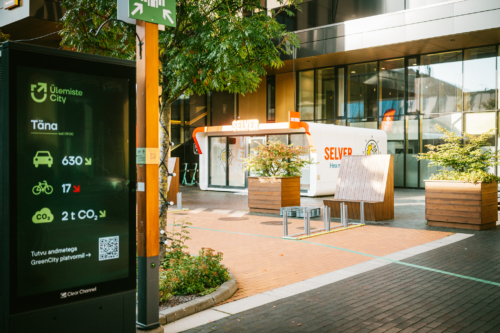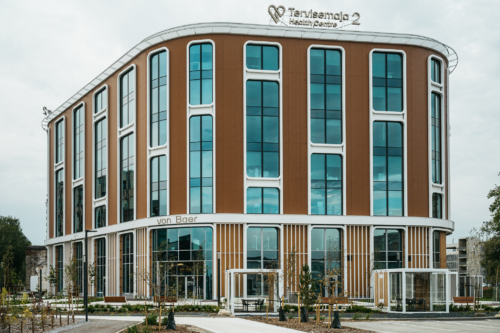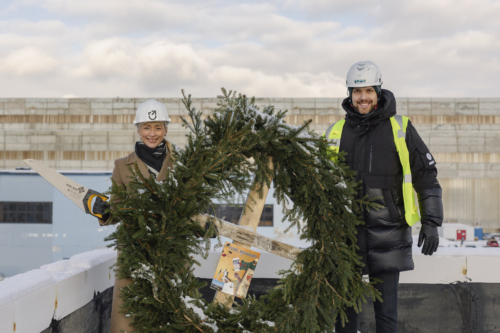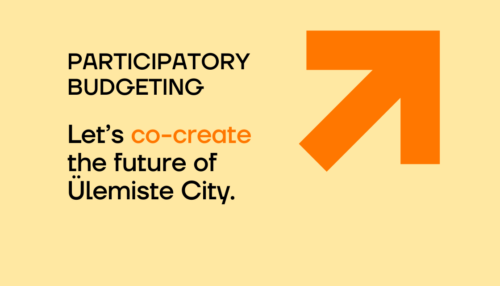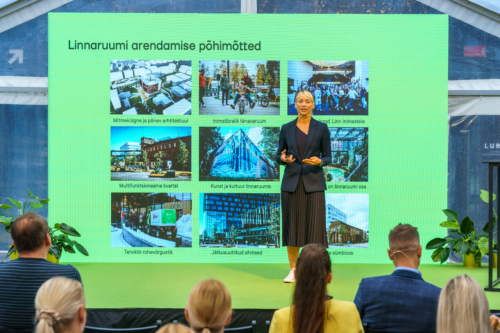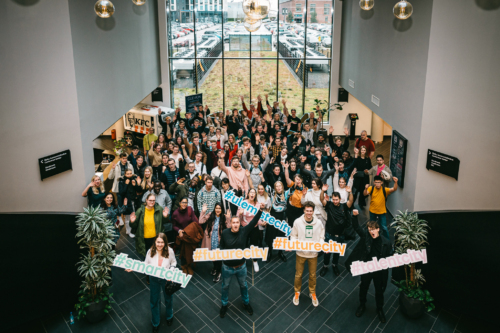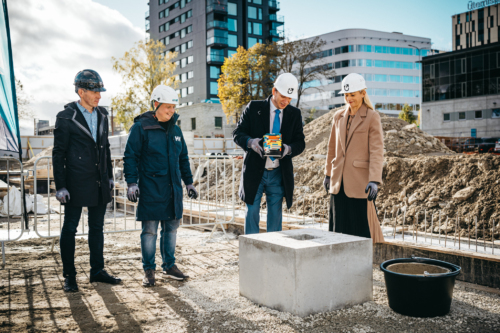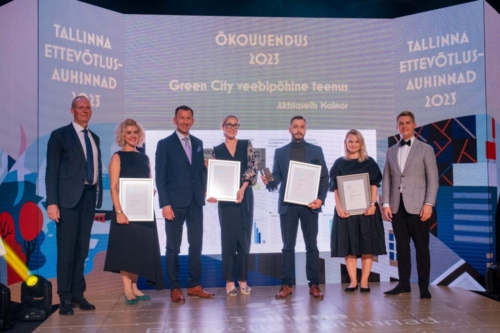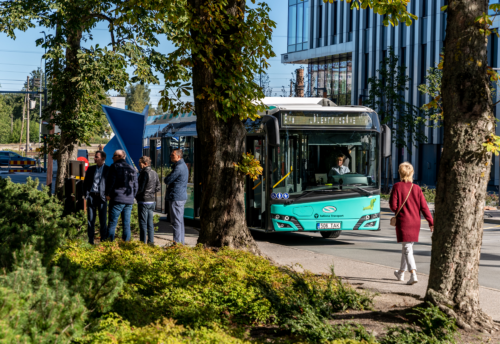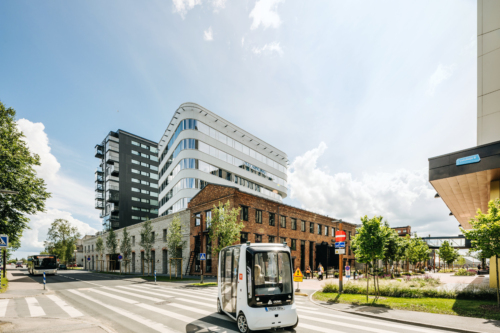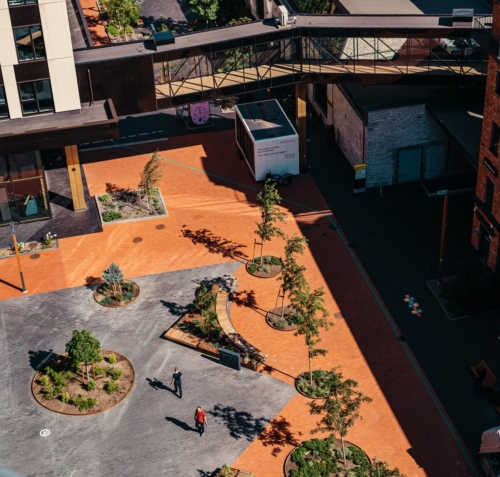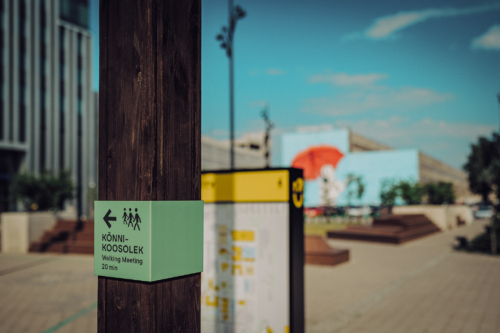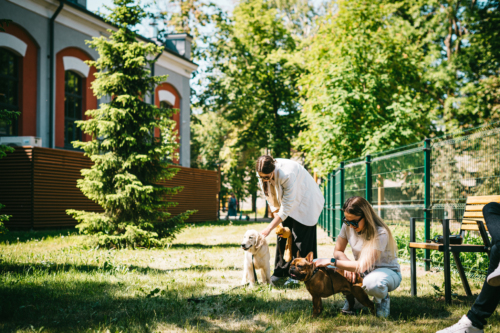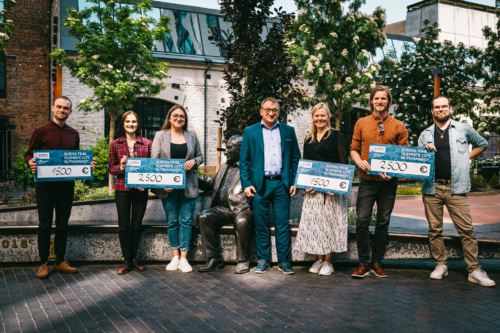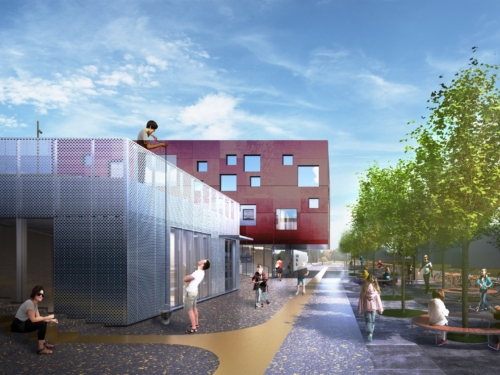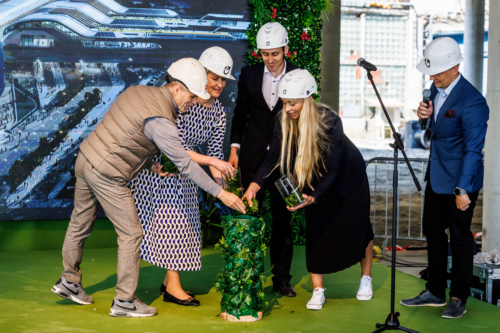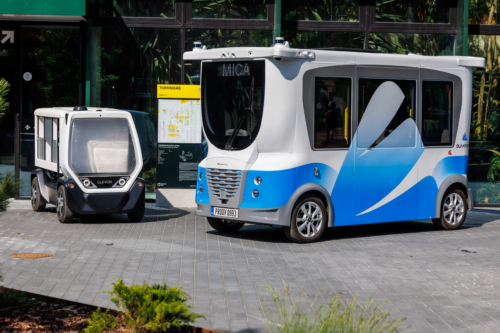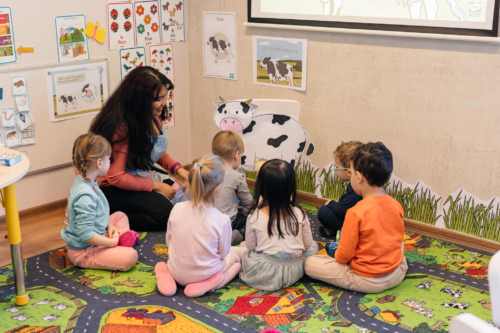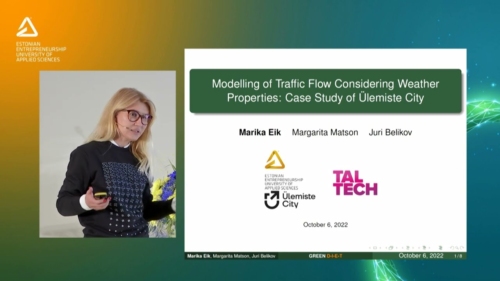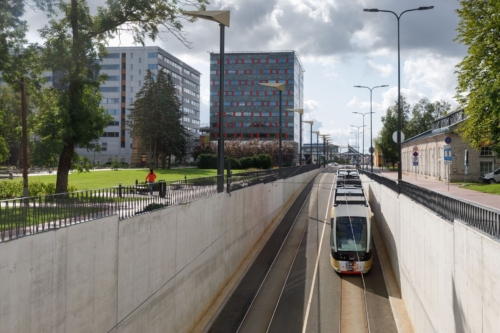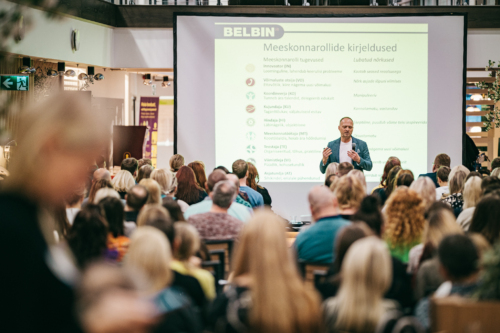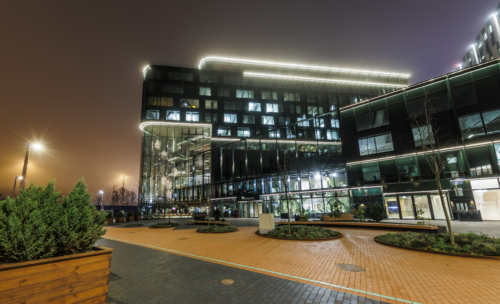Gert Jostov: The new era offers a unique opportunity for growth
Just as it is worthwhile for Estonia to compete for digital nomads, we must also contribute to the real residence of e-residents, writes Gert Jostov.
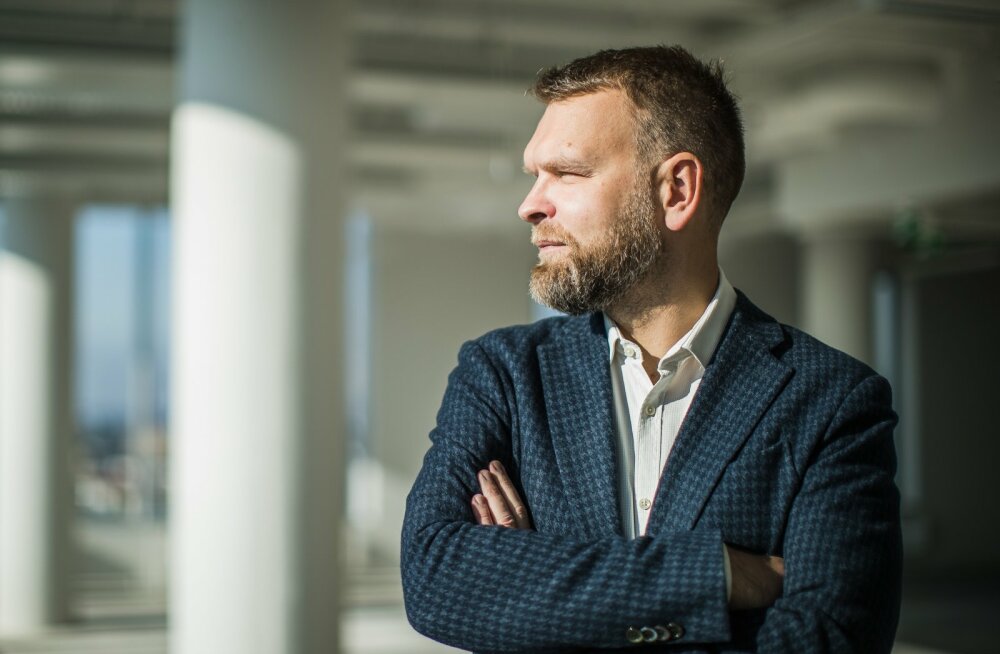
Never before has any government tried to force a population to be as sedentary as it is now. There is still talk of great human mobility as the key to freedom and success. However, no one wants to give up freedom, it is a hard-won right that has been the privilege of only a select few for centuries.
These extraordinary time call for extraordinary measures, but hopefully the beautiful spring day will soon come, when the severe restrictions have done their work and life and the economy can finally begin to return to normal and make up for lost time.
Controlling human migration through politics and legislation has been going on in the Western world for seven hundred years. The factors that force people to move around can be different – negative factors are unemployment, imminent danger, deteriorating living conditions or the climate. At the other end of the scale, however, is greater freedom, better economic conditions, and more opportunities.
Over the last century, migration was boosted by aviation, a century before by the development of railways. In the last two decades, however, migration in the Western world has been most affected by the change in the nature of work due to the availability of the Internet.
Curbing migration must go hand in hand with developing national economies. As the greater mobility of people is always accompanied by many challenges, the changes have understandably taken place on a step by step basis. Development will take place rather calmly and within the usual legal framework, after the establishment of some new means of transport, service or way of working.
It makes sense for digital nomads to compete
The fact of the matter is that the events of the last few months have irreversibly changed the current world and the nature of work. At present, it is difficult to predict how strong the economy after the emerging crisis will be, but it is unlikely that it will immediately return to the way it was.
A month or two ago, location-neutral work and entrepreneurship celebrated concepts such as freedom, success, growth and development. Now we mean sustainability and adaptation, the opportunity to maintain productivity and work. When the restrictions of the emergency situation end, we want to restore freedom and mobility, but who would like to return to everyday office work and all those meetings that might as well
have been an e-mail or a video call? Probably not everyone, and it is those people in particular who do not want to return to their old routine who will offer many new opportunities for the economy recovering from the crisis.
People working in real estate and the service sector welcome the so-called Digital Nomad Visa Act, which has been submitted to the Riigikogu, or more precisely the ‘Draft Acts to amend the Aliens Act’, which provides a legal framework for visas for teleworkers.
Thailand or Malaysia, Indonesia, the Philippines, or why not Cambodia, are often favourite destinations for digital nomads or business tourists. If good food can be prepared everywhere, then we have a cramped climate comparable to Asia, and we do not want that. So we need to offer something else that is at least as attractive. In Europe, one of the advantages is roaming services and decent public offices.
There are also common offices in Estonia, where bright eyes from all over the world can satisfy their social needs and make new acquaintances with whom to exchange good ideas. All knowledge has a better impact and receives added value when exchanged with others. A lone hammock on the beach can be good for taking pictures, but is it also good for working?
The creation of a regulation on the issuance of visas to digital nomads will have a positive impact on the country’s economy. The drafters of the bill have calculated that 1800 digital nomads would bring nearly EUR 36 million in tax revenue to the Estonian economy every year. In difficult times, it is a great help. ‘It is important that in global competition, when Estonia reopens its borders, Estonia would be the place where digital nomads go. There are thousands of alternatives for the young and nimble generation.’
This could be the main starting point for the legislator. Working, travelling or living in any country means expenses incurred in its economic space – so it is not necessarily important that in the case of such temporary employment, labour taxes are also paid in Estonia. It is important that in global competition, when Estonia reopens borders, Estonia would be the place where digital nomads go. There are thousands of alternatives for the young and nimble generation.
A step forward from e-residency – real residency
Just as it is worthwhile for Estonia to compete for digital nomads, we must also contribute to the real residence of e-residents. The list of these e-residents sometimes includes black sheep, but most of them are decent enterprising people.
If a company is established and meets the criteria of a start-up company, it is possible to apply for a temporary residence permit in Estonia and cultivate its growth in Estonia in addition to digital Estonia. Perhaps the e-residency team of Enterprise Estonia should increasingly introduce this possibility. In the case of the younger generation of family people, growing can mean both raising children in nursery school and raising the wealth of parents in the fertile conditions of a joint office. Many successful operators here already understand that there is no point in moving from Estonia to
other European countries to do global business. If Estonia has not fully embraced you, then after growing up, it makes sense to move to America or Asia.
It is important that legislators are able to adapt to changes and keep up with the circumstances. For example, think about suitable pension schemes and health insurance options, because young digital nomads, e-residents and jobseekers also sometimes need medical care and will eventually grow old.
In dark times, the heroes of anecdotes were French, German and Russian, sometimes even Estonian. Hopefully, the humour of the future will be stories where an e-resident, a digital nomad and a jobseeker, who may be of the above-mentioned nationalities, are sitting at a table.
Identity is a multifaceted thing and is not based on just one feature. We have tables, chairs and beds for them anyway. Digital nomads, e-residents, jobseekers – once the borders are open again, come everyone.
Editor: Kaupo Meiel
